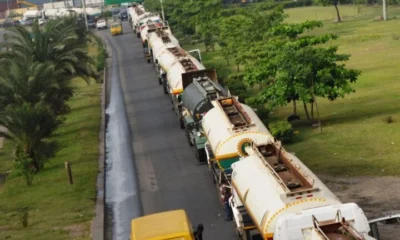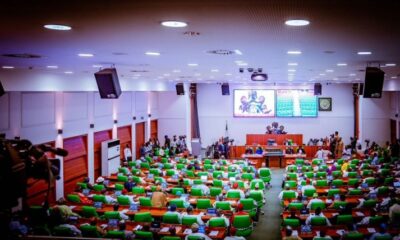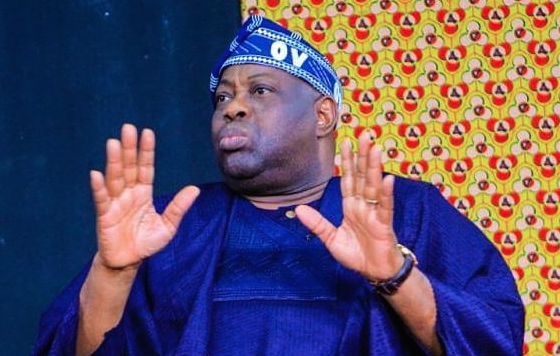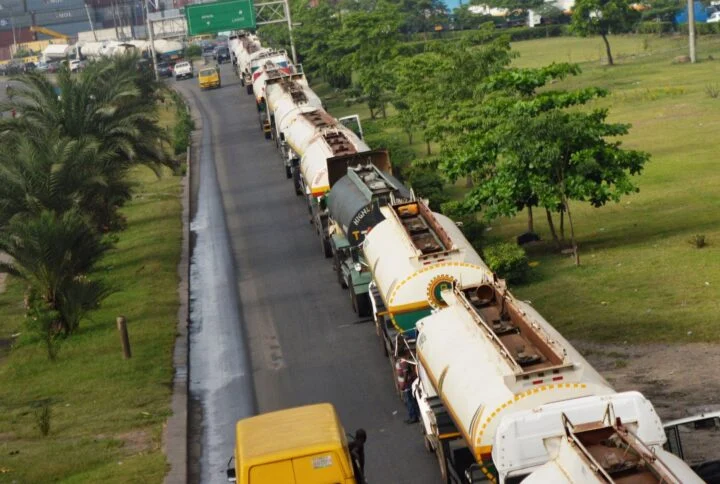The Organisation of Petroleum Exporting Countries (OPEC) says Nigeria can achieve an oil production quota of 1.5 million barrels of crude oil per day (bpd) in 2024
OPEC made this known at the 36th OPEC and non-OPEC ministerial meeting, held on Thursday.
As part of the resolutions at its last meeting, Nigeria’s production level was reduced to 1.38 million bpd, from the current 1.74 million bpd, effective from January 2024.
“The required production level for Congo and Nigeria may be updated to equal the average production that can be achieved in 2024, as assessed by the three independent sources (IHS, Wood Mackenzie, and Rystad Energy) specialised in oil upstream by the next ONOMM to be held by the end of 2023,” OPEC had said in June.
Reiterating its position at the meeting held on Thursday, OPEC said Nigeria can reach a production level of 1.5 million bpd by 2024.
“Noted that, by the decision of the 35th OPEC and non-OPEC ministerial meeting, the completion of the assessment by the three independent sources (IHS, Wood Mackenzie and Rystad Energy) for production level that can be achieved in 2024 by Angola, Congo and Nigeria as follows: Angola at 1,110 t/bd, Congo at 277 t/bd and Nigeria at 1,500 t/bd,” the oil cartel said.
- OPEC+ Members Agree To Additional Cuts Of Over 2.2M BPD
At its last meeting in June, OPEC+ decided to extend its voluntary cuts until the end of 2024.
On Wednesday, OPEC+ countries also announced additional voluntary cuts of 2.2 million bpd, aimed at supporting the stability and balance of oil markets.
The voluntary cuts are calculated from the 2024 required production level as per its previous meeting held on June 4, 2023, and are in addition to the voluntary cuts previously announced in April 2023 extended until the end of 2024.
Representing the largest cut, Saudi Arabia said it will extend its voluntary cut for the first quarter of 2024.
“These additional voluntary cuts are announced by the following OPEC+ countries: Saudi Arabia (1,000 thousand b/d); Iraq (223 thousand b/d); United Arab Emirates 1(163 thousand b/d); Kuwait (135 thousand b/d); Kazakhstan (82 thousand b/d); Algeria (51 thousand b/d); and Oman (42 thousand b/d) starting 1st of January until the end of March 2024. Afterwards, itosupport market stability, these voluntary cuts will be returned gradually subject to market conditions,” OPEC said.
The oil cartel said the cuts will be in addition to the announced 500,000 bpd voluntary cut by Russia for the same period, starting January 1 2023, until the end of March 2024,
OPEC said it will be “made from the average export levels of the months of May and June of 2023 and will consist of 300 thousand barrels a day of crude oil and 200 thousand barrels per day of refined products”.
The global oil charter scheduled its next meeting, to be held in Vienna, to June 1, 2024.
Also, at the meeting, the oil alliance agreed to admit Brazil into the charter.
The meeting welcomed Alexandre Silveira de Oliveira, minister of mines and energy of Brazil, who will join the OPEC+ charter of cooperation in January 2024.

 BIG STORY4 days ago
BIG STORY4 days ago
 BIG STORY2 days ago
BIG STORY2 days ago
 BIG STORY3 days ago
BIG STORY3 days ago
 BIG STORY2 days ago
BIG STORY2 days ago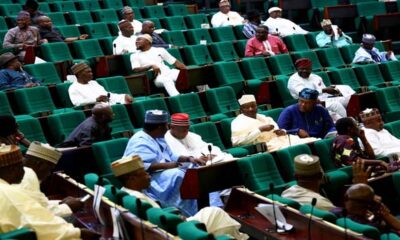
 BIG STORY4 days ago
BIG STORY4 days ago
 BIG STORY11 hours ago
BIG STORY11 hours ago
 BIG STORY2 days ago
BIG STORY2 days ago
 BIG STORY12 hours ago
BIG STORY12 hours ago











